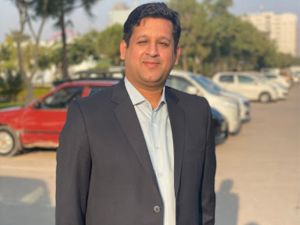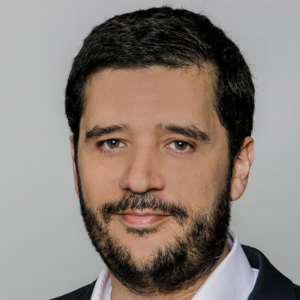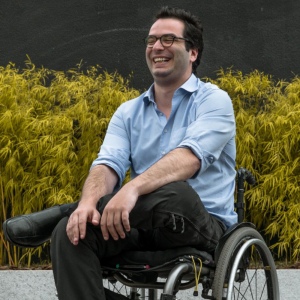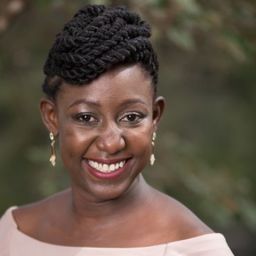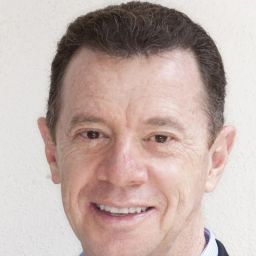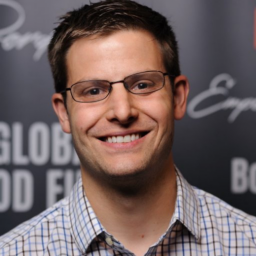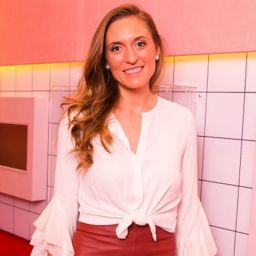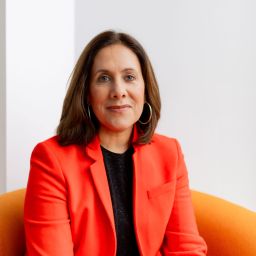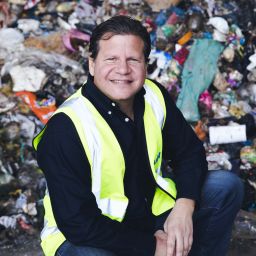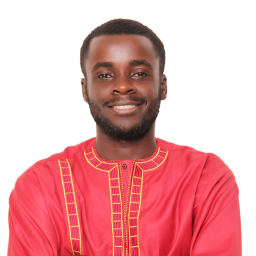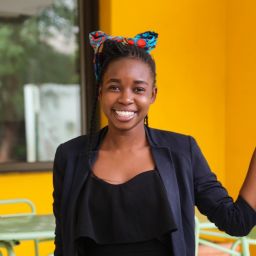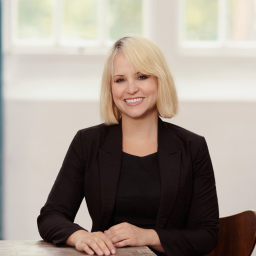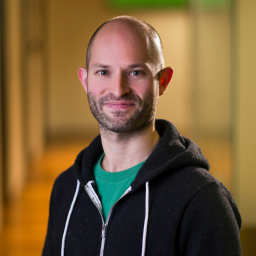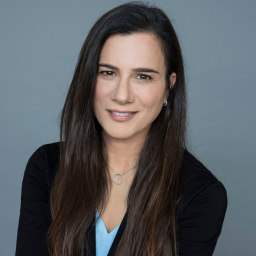Meaningful Business (MB:) Please tell us a bit about your background.
Fela Akinse (FA:) I have always held an interest in fashion and the environment. That interest led me to study at the University of Lagos (BSc and MSc Distinction) in Environmental Toxicology and Pollution Management. Throughout school, my fascination with clothing and shoes led me to design leather shoes and accessories on the side. After my studies, I became a business analyst and an Environmental Scientist.
MB: What led you to start SALUBATA?
FA: I grew up in a third world country that prioritised rapid industrialisation above environmental sustainability, with the end result being highly unacceptable levels of toxic industrial wastes and effluent emissions.
I began to feel the hardship my countrymen have experienced for many years, and I felt helpless. However, I learnt over time that it was well within my capacity to impact the situation. I also realised that this menace spans from my community in Lagos over to countries like South Africa, India, Brazil and even to the Great Barrier Reef in Australia. It is a global problem, not just a Nigerian one.
While working as an environmental scientist, I always wanted to find a lasting solution to the problem of plastic waste, knowing that the problem with plastics, especially plastic bottles, is in their volume. In 2018, this led me and my friends Adetona Omokanye and James Babalola to start SALUBATA, making modular shoes made from recycled plastic.
MB: What is the main problems you are trying to solve?
FA: 381 million tonnes of plastics are produced annually and 90.5% of this plastic waste has never been recycled! For example, studies say a typical American generates an average of 0.5 kg of plastic waste daily; that is the equivalent of a standard shoe. There are more than 5 trillion plastics pieces still afloat in our oceans! Even recycled plastic has new plastic material added in, resulting in more plastics and pollution.
On the other side is the increasing demand for shoes, across the world. Most shoes are made of petroleum-based plastics, foam and rubbers.
So we thought, “Why can’t we convert plastic waste into shoes?” While there are big brands making some shoes from recycled plastic, they tend to be more expensive. So we focused on cost reduction, by creating a modular shoe. We also try to differentiate ourselves through our shoe designs, which combine traditional African art with modern styles.
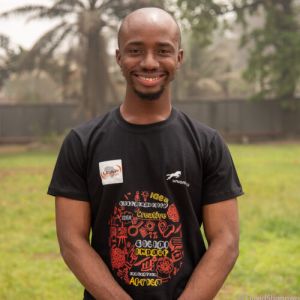 Fela Akinse, Founder, SALUBATA
Fela Akinse, Founder, SALUBATA
MB: What is your biggest challenge right now?
FA: Our biggest challenge right now is scaling our innovation globally, which of course requires some level of funding. With this, we’d be able to contribute more to helping reduce the global carbon footprint and also the cost of wearing at least one pair of shoes.
MB: What is your vision for the future of your business?
FA: Our goal is to become one of the top 100 Most Sustainable Brands in the world and attain a $10 billion dollar market valuation by 2024.
These would be accompanied with: job creation, communal CO2 reduction along with raising capacity for effective climate change-related planning while also impacting the CO2 emission per unit of value added, manufacturing employment as a proportion of total employment and manufacturing value addition as a proportion of GDP and per capita.
We realise that the downhill impact of these pollutants primarily affects those living in underserved communities, especially women, so we have decided to contribute 5% of the profit of every shoe sold to the cause of empowering women in underserved communities. With a production of 41,000 shoes per month, we would be offsetting over 45 million tonnes of CO2 emissions per year.
MB: What is your advice to other leaders who want to combine profit and purpose?
FA: First, design is important. Not many people take care of the environment or are willing to buy a poorly designed product – simply because it is recycled.
For example, in the shoe industry, some people just want to wear shoes and you need to meet their demands by making your designs even cooler than the products that aren’t recycled. In all of this, quality is key.
The first catch to your business should be the design, and you can then weave in your purpose story. In this manner, you can capture the minds of those who care and those who do not; thus, increasing your market share.
________
Quickfire Questions
MB – What’s the best piece of advice you ever received?
FA – “You will reach as far as your eyes can see.”
MB – Who inspires you?
FA – Elon Musk, Peter Thiel, Jeff Bezos
MB – How do you define success?
FA – When you become all you are capable of becoming. Not relatively!
MB – What is something you wish you were better at?
FA –To be more profound in speech than Obama and Maya.
MB – What is the one book everyone should read?
FA – ‘Antifragile’ by Nicholas Talem
MB – What do you do to relax?
FA –I watch a lot of movies (action and adventure).
________
Discover the other MB100 leaders recognised for their work combining profit and purpose to help achieve the United Nations Sustainable Development Goals in 2020, here.



